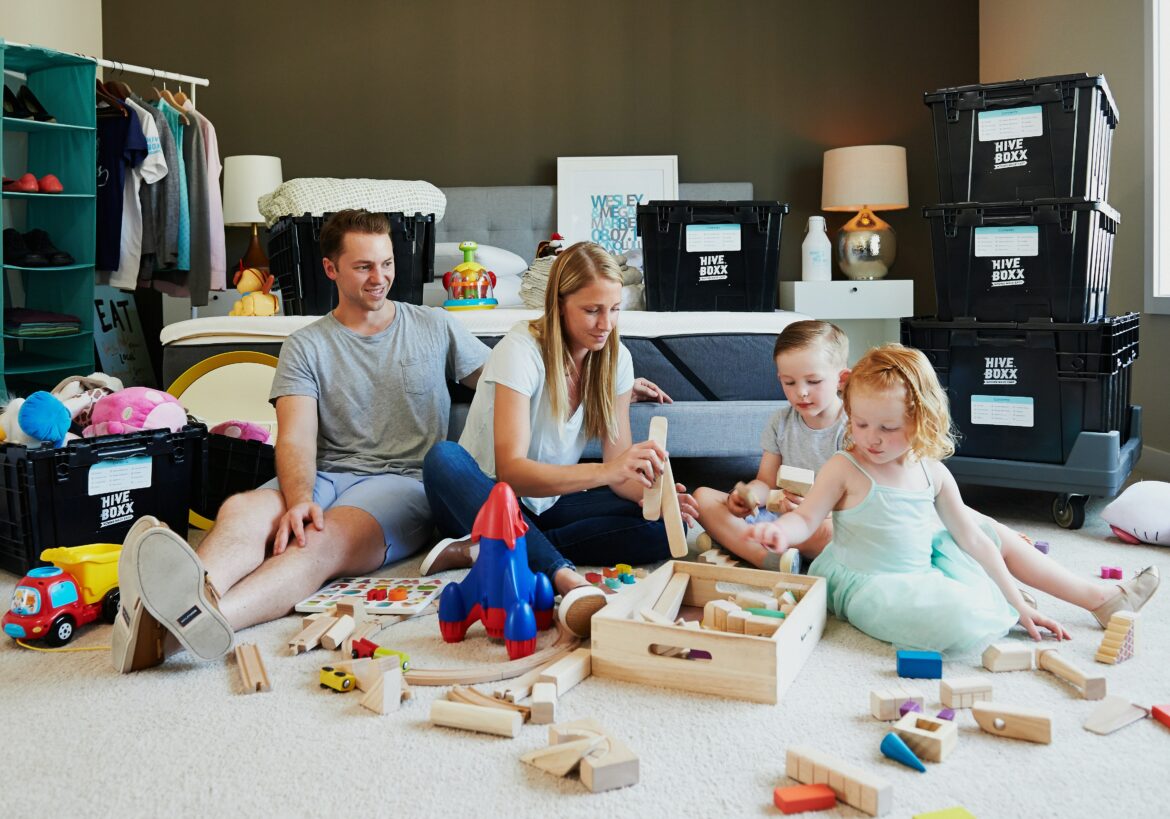As a mom raising a neurodivergent son and navigating life with my neurodivergent husband, I’ve learned more about resilience than I ever could have imagined. When you’re in a neurodivergent family, you quickly realize that resilience isn’t about bouncing back from challenges with a perfect smile—it’s about learning, growing, and finding strength in the moments that may seem small to others but are monumental in our world.
When my son was diagnosed with ADHD and Autism, and when I learned about my own ADHD, it was like we were handed a new rulebook for life. At first, it was overwhelming—there were so many unknowns, so many “what now?” moments. But along the way, my son and my husband taught me some of the most valuable lessons about resilience, joy, and growth. These lessons have shaped how I parent, how I view the world, and how I approach the day-to-day challenges of raising a neurodivergent family.
Lesson 1: Resilience Is About Celebrating Small Wins
As a parent to a neurodivergent child, I’ve learned that resilience isn’t about expecting everything to go perfectly or seeing a dramatic transformation overnight. It’s about celebrating small wins—those seemingly tiny victories that, when added together, build resilience over time.
I’ll never forget the first time my son independently asked for a break when he was feeling overwhelmed. It was a moment I didn’t think would come so soon. And it was huge—because in that moment, he didn’t just express a need, he advocated for himself. It wasn’t about him mastering a difficult skill or reaching some big milestone. It was about him recognizing his limits and asking for the space he needed to reset.
This taught me that resilience isn’t always about pushing through. It’s about knowing when to step back, take a break, and recharge. For neurodivergent kids, especially, these moments of self-regulation and self-advocacy are signs of immense growth. It’s something worth celebrating because it’s a sign that your child is learning how to take care of themselves in the face of challenges.
Expert Tip: Experts agree that celebrating small wins with neurodivergent children is key to building self-esteem and resilience. According to research, positive reinforcement of small achievements helps children feel more competent and capable, which motivates them to tackle bigger challenges. This creates a sense of self-efficacy—an important foundation for resilience.
Lesson 2: Joy Doesn’t Have to Look Like What You Expect
One of the things that’s been such a revelation for me is that joy doesn’t always look like what I imagined it would. As a family, we often find joy in the small, quiet moments—those moments that might go unnoticed in other households but are everything to us. Whether it’s my son being so excited about a sensory-friendly toy or my husband and son bonding over a shared interest, joy is about connection, not comparison.
For so long, I thought joy had to be big. I envisioned family outings, holiday celebrations, and grand gestures. But with a neurodivergent family, joy often comes in the form of routine, stability, and finding happiness in what works for us—without the pressure to fit into other people’s idea of “normal.”
This has reshaped how I view joy. It’s not always loud or showy. Sometimes, it’s the peaceful moments, like watching my son focus on a task for the first time or seeing my husband smile after a hard day because he found a routine that works for him.
Expert Tip: Research on neurodivergent children and families shows that finding joy in daily life—through routines, interests, and sensory-friendly activities—is a critical component of resilience. When families prioritize joy in ways that work for them, it builds emotional regulation, which is an important factor in a child’s overall resilience.
Lesson 3: Growth Doesn’t Always Happen in a Straight Line
When my son first received his diagnoses, I expected growth to be linear. I thought we’d hit milestones in a predictable way: first this, then that. But it hasn’t been like that at all. Growth, for my son—and for us as a family—has been more like a winding path. Some days are challenging, while other days feel like breakthroughs. But that’s okay because, in this journey, growth is about progress, not perfection.
One of the most important lessons I’ve learned is that growth isn’t always visible in the moment. It’s easy to look at a “bad” day and feel like we’ve taken a step backward, but the truth is, we’re always growing. We might not see it right away, but every challenge we face is an opportunity for growth. And resilience is built by learning how to get through the tough moments with compassion and understanding—not by avoiding them.
For example, my son might struggle with certain tasks or become overwhelmed in social situations, but when I take a step back, I realize how far he’s come. The progress isn’t always obvious in the moment, but it’s there. Each new strategy we try, each time we lean into our support system, and each day we try again, we’re growing—together.
Expert Tip: Experts in the field of neurodiversity emphasize that growth in neurodivergent children often comes in fits and starts, and it’s important to avoid measuring growth based on conventional timelines. Progress might not always be visible, but it’s still happening. Creating a safe, non-judgmental environment where children feel supported through setbacks is crucial for fostering long-term resilience.
Lesson 4: Building Resilience Starts with Creating a Safe Environment
Creating a safe environment is one of the most powerful ways to build resilience in neurodivergent children. When my son was younger, I didn’t realize how crucial it was to establish a space where he felt safe and understood, not just physically, but emotionally. Now, I know that building resilience starts with trust—trust in me as his parent, trust in his environment, and trust in himself.
For us, this means ensuring that my son’s sensory needs are met, that his routine is predictable, and that we have clear expectations and boundaries. It also means that my husband and I are proactive about addressing challenges instead of waiting for them to snowball. Creating this kind of environment helps my son feel supported in times of stress, which in turn builds his resilience.
Expert Tip: According to experts in developmental psychology, creating a safe, predictable environment is key to fostering resilience in children. For neurodivergent children, this can include sensory accommodations, clear routines, and emotional support that help them feel secure and capable of managing challenges.
Why It Works: Blending Lived Experience with Parenting Strategies
The reason these strategies work isn’t just because they’re supported by research—it’s because they’re rooted in our daily life. I’ve seen firsthand how celebrating small wins can shift my son’s mindset and fuel his resilience. I’ve watched him learn how to self-advocate, how to express his needs, and how to navigate the world in his own unique way. And I’ve experienced how, by creating a safe, understanding environment, we’ve helped him—and ourselves—build the resilience necessary to thrive as a neurodivergent family.
Raising resilient kids is about embracing the winding road of growth, understanding that joy comes in many forms, and celebrating every small step forward. It’s about knowing that setbacks are just part of the journey and creating an environment where your child can bounce back, learn, and keep going.


